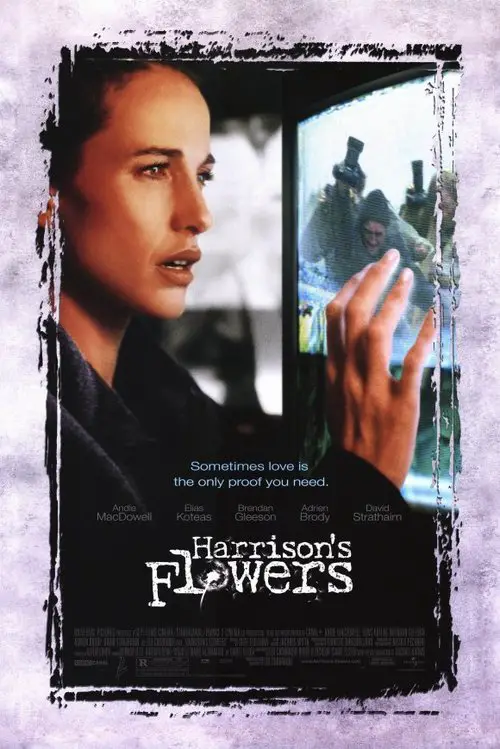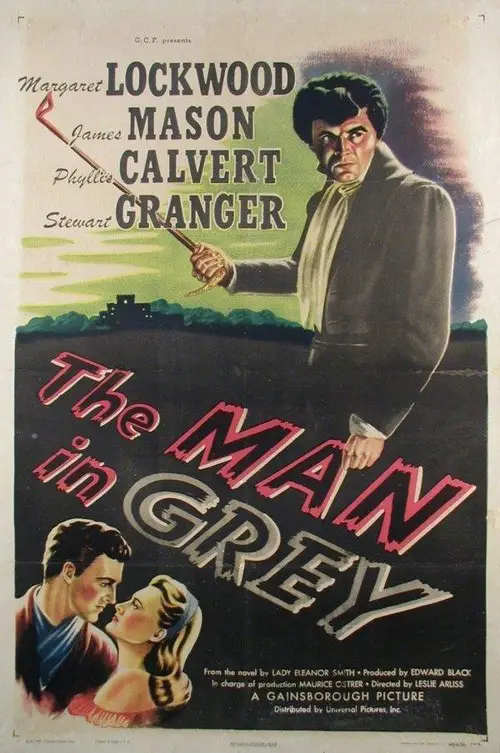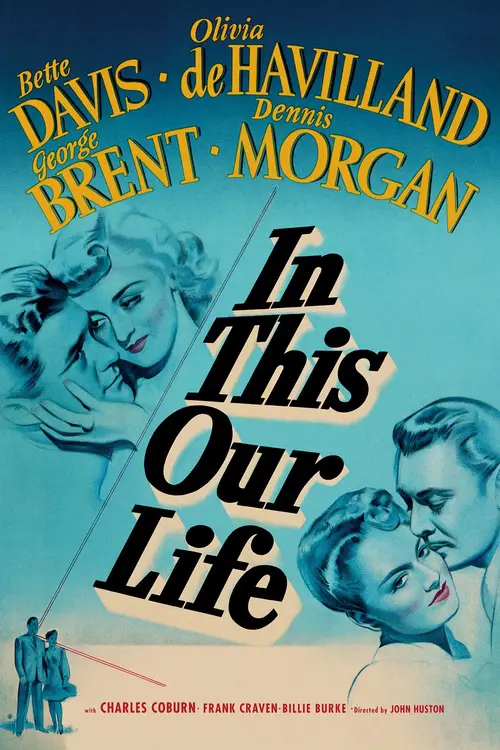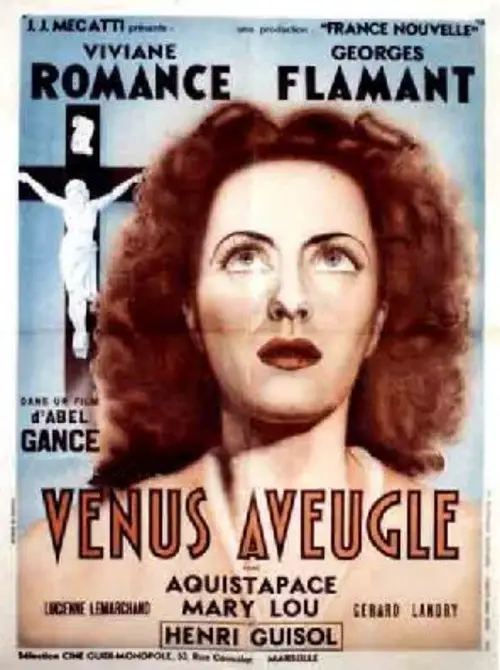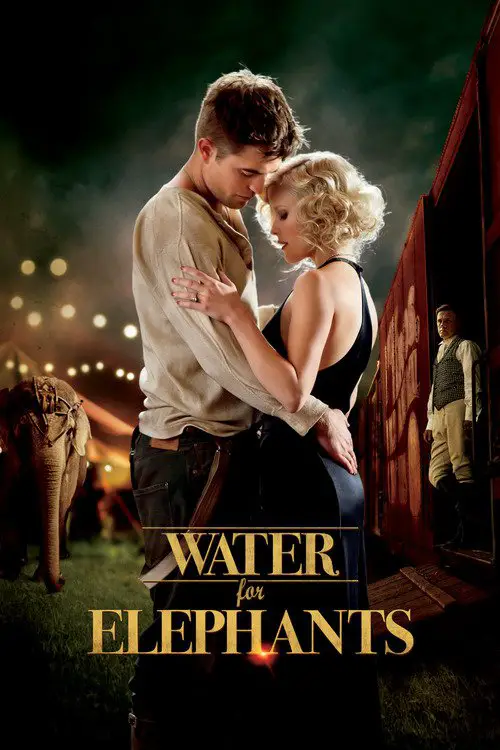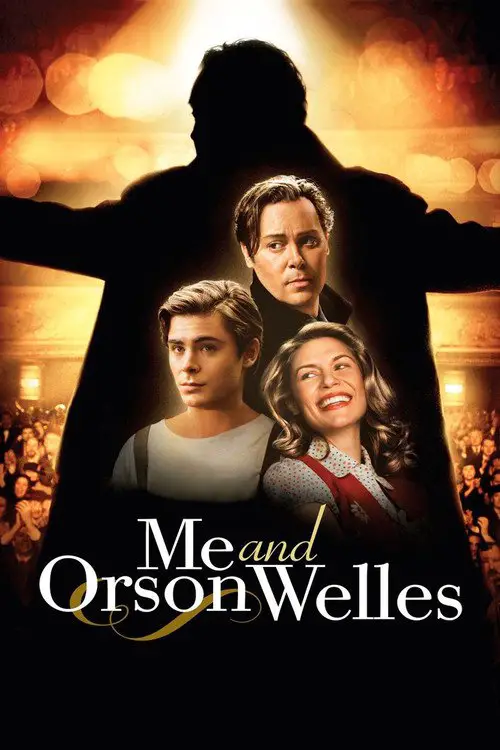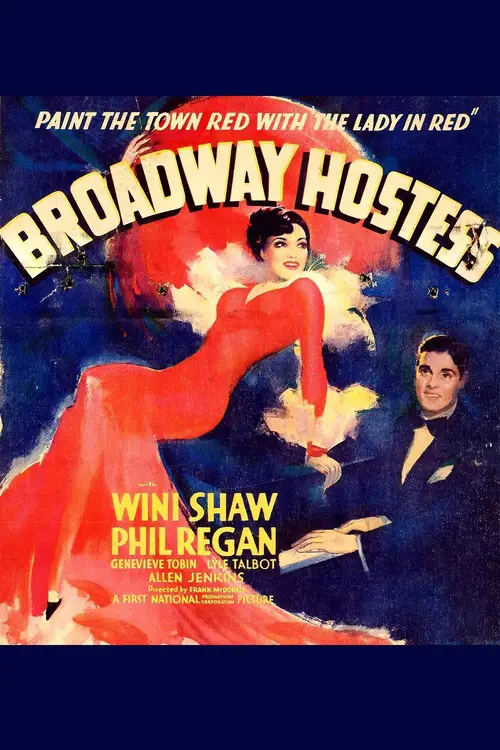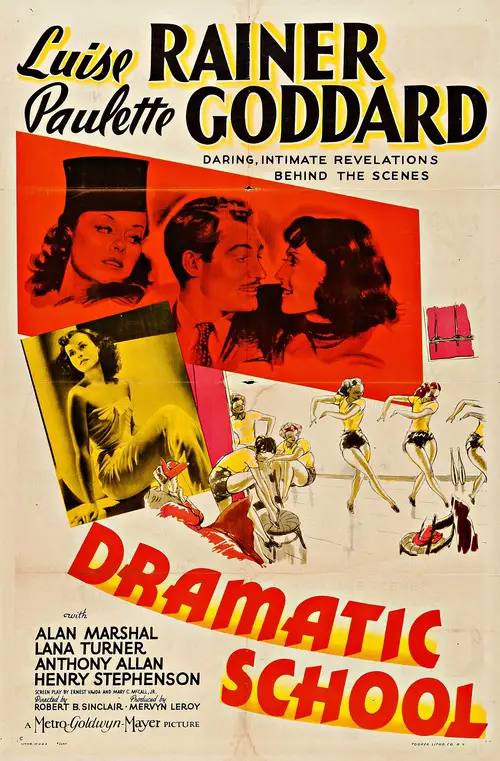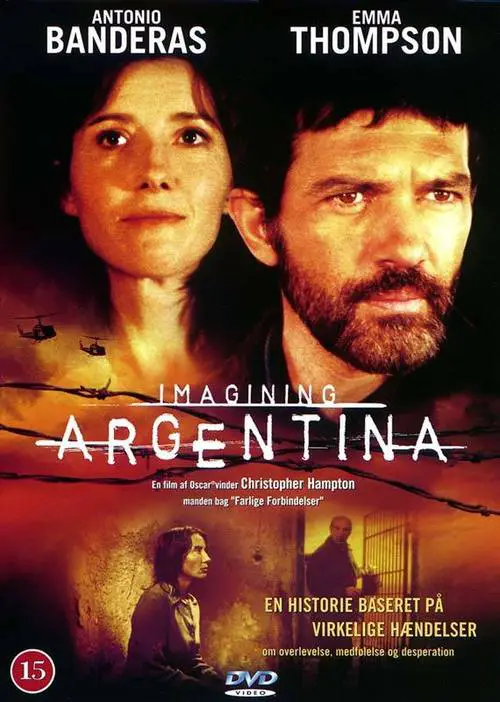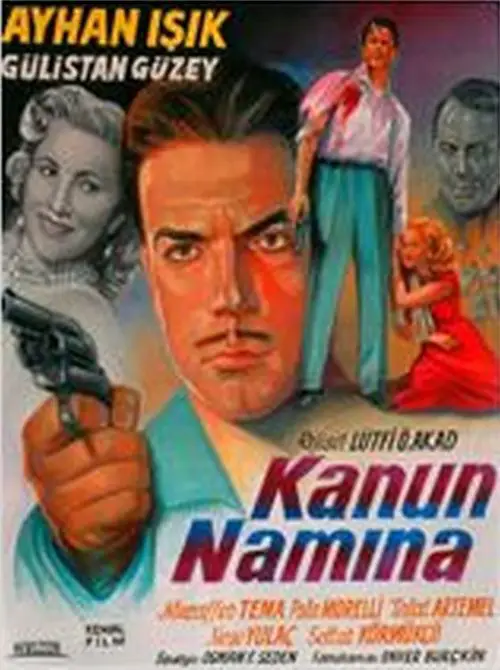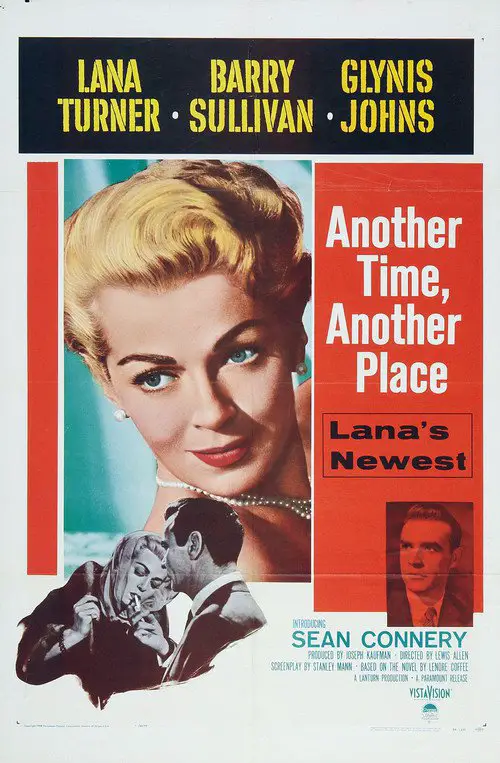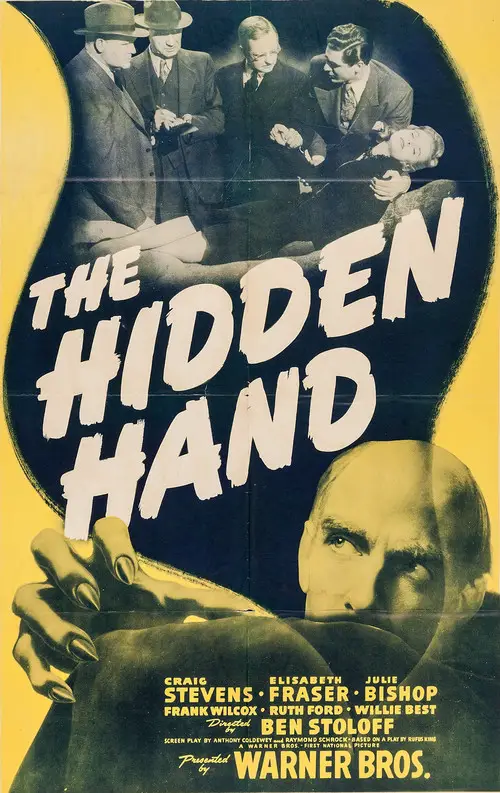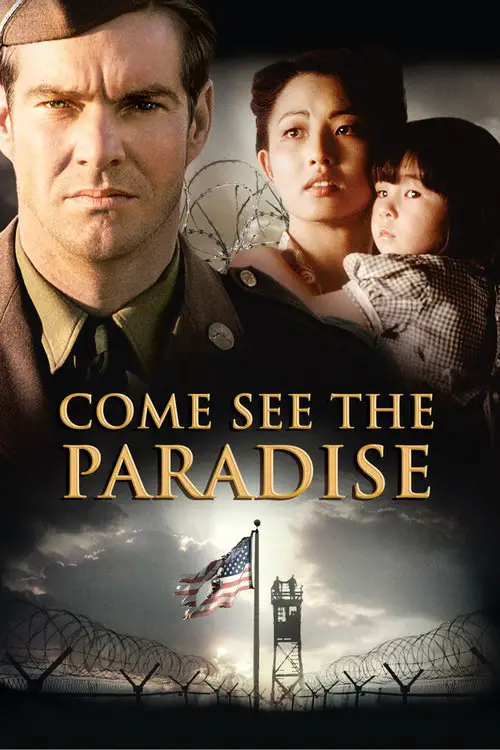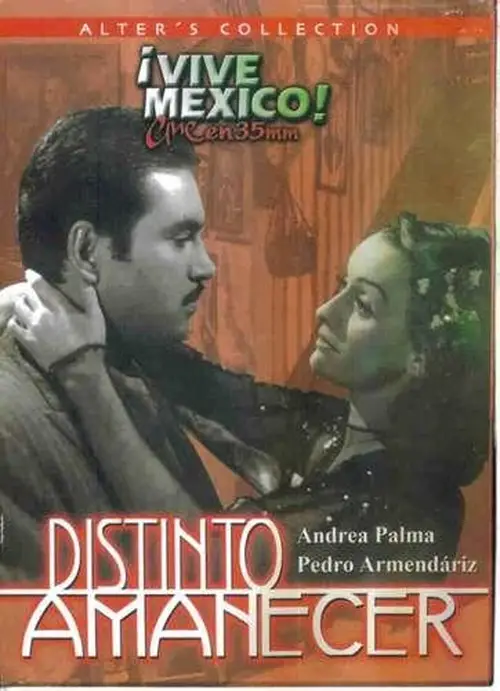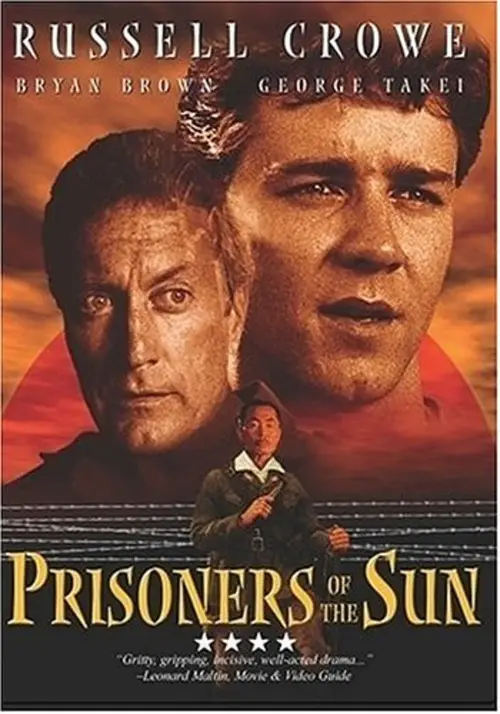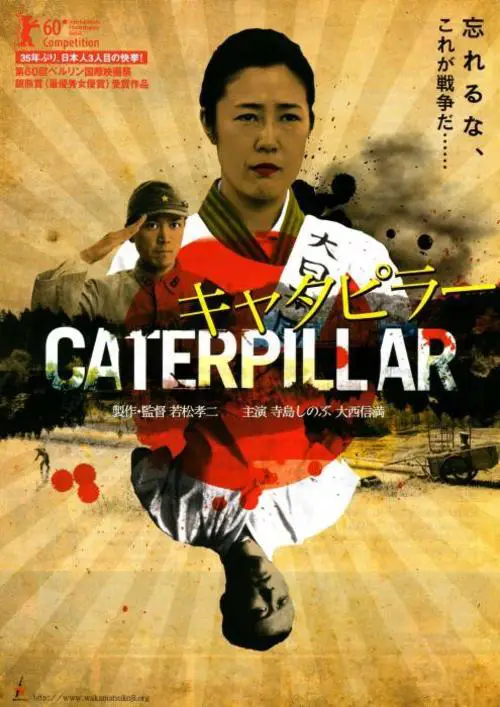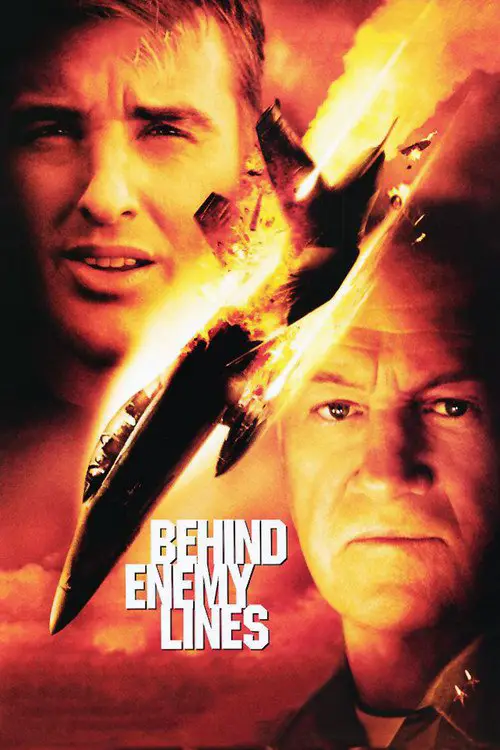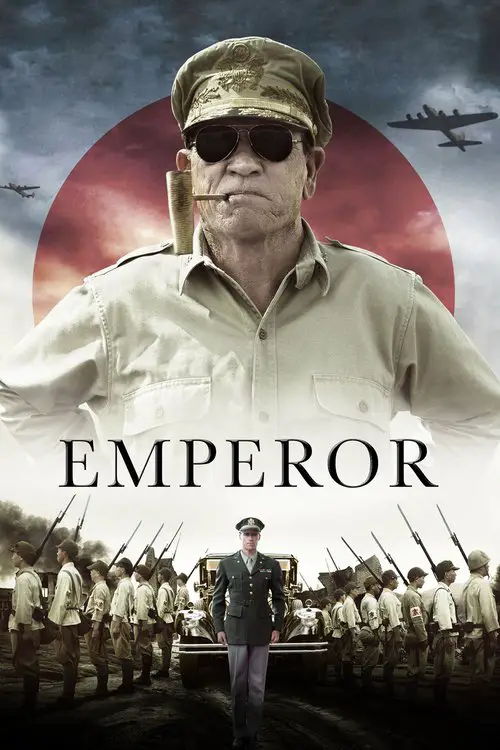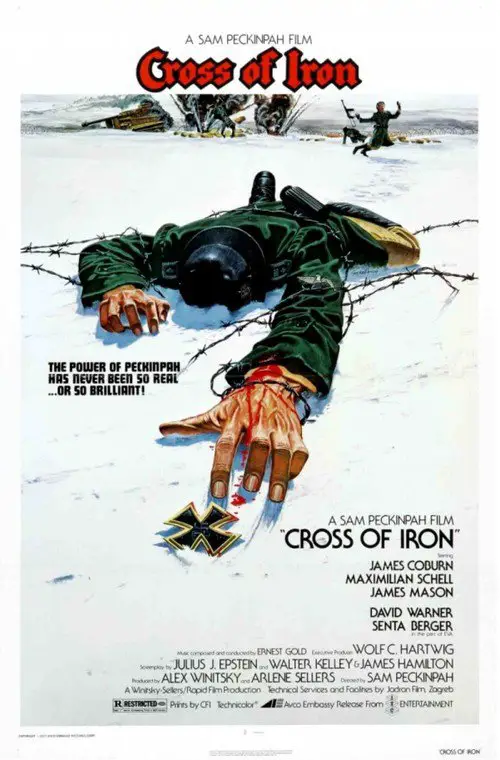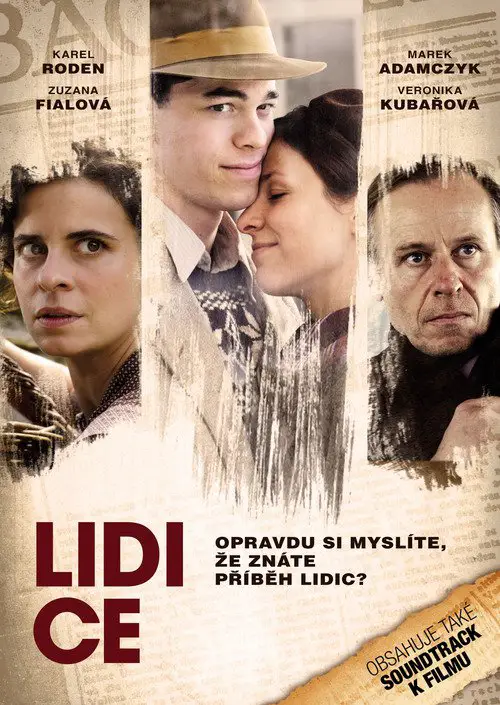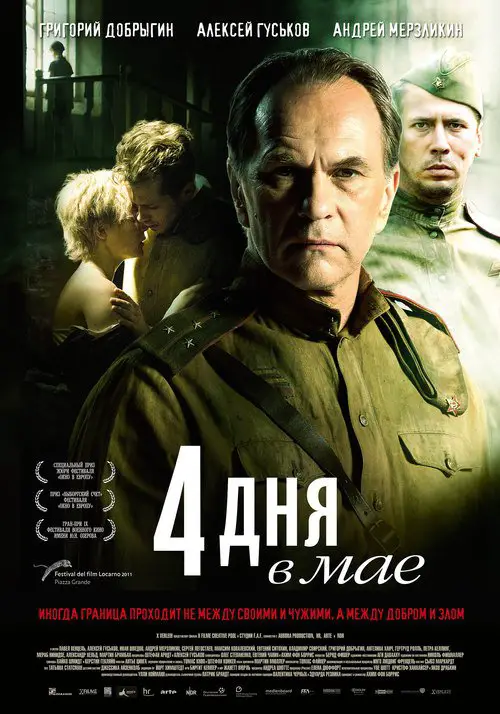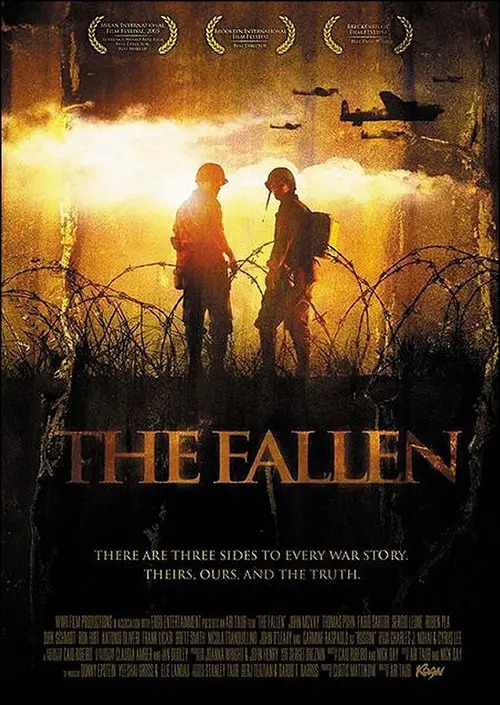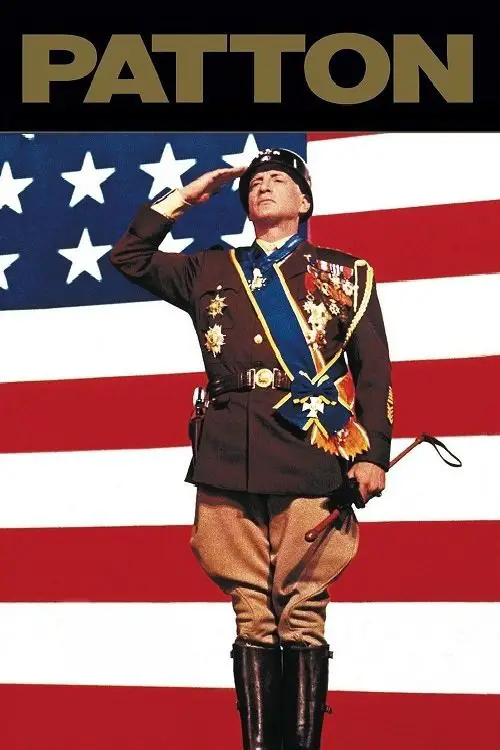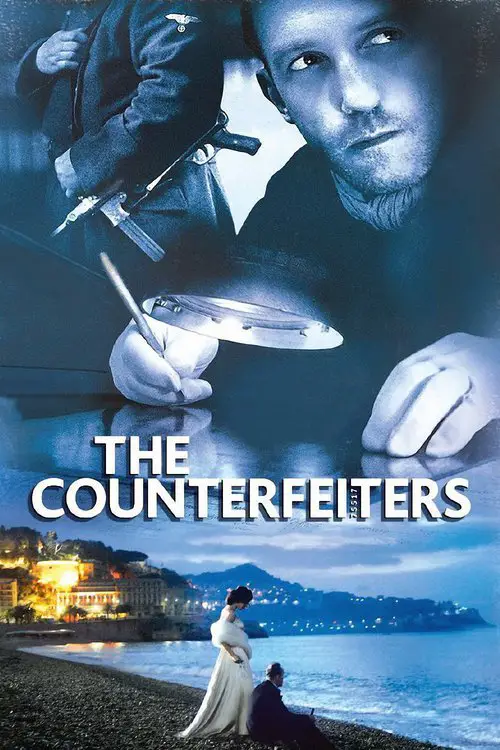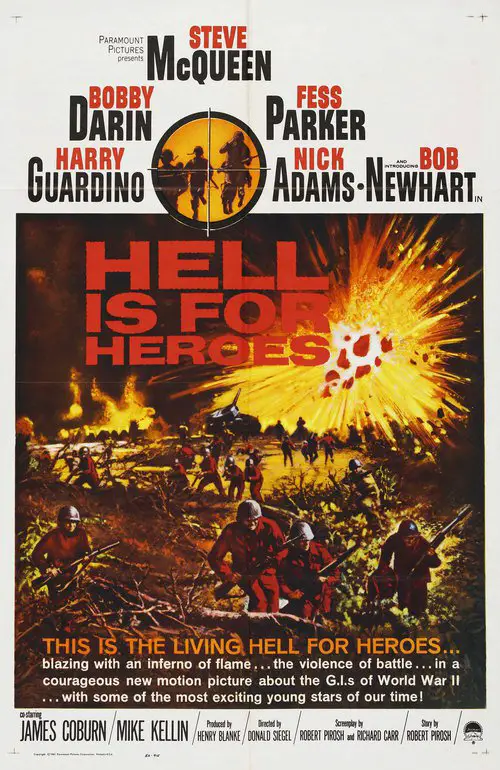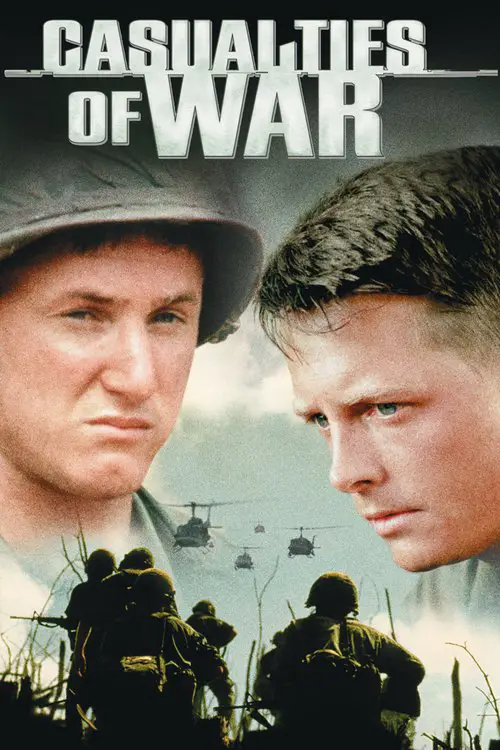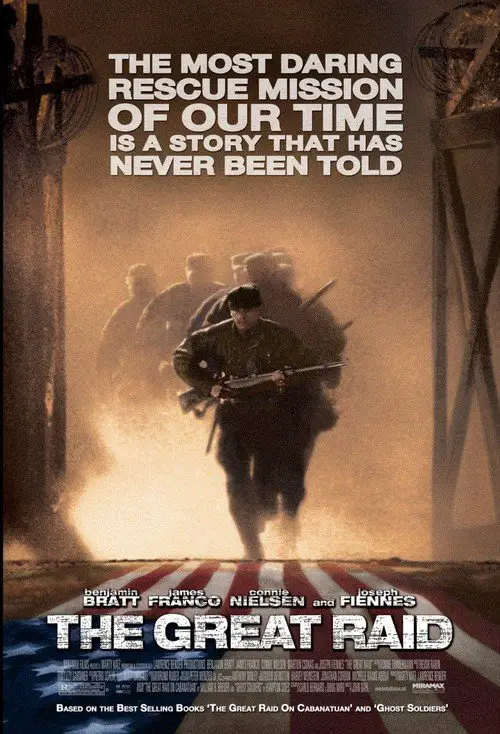A Time to Love and a Time to Die (1958)
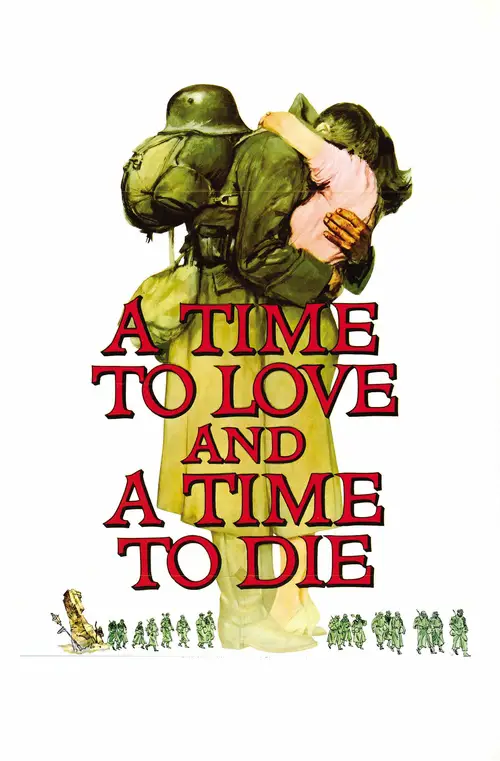
Similar movies
Passengers on a ship traveling from Mexico to Europe in the 1930s represent society at large in that era. The crew is German, including the ship's Dr. Schumann, who falls in love with one of the passengers, La Condesa. A young American woman, Jenny, is traveling with the man she loves, David. Jenny is fascinated and puzzled by just who some of the other passengers are.
Harrison Lloyd is a Pulitzer-winning photojournalist. His wife and family are making it hard for him to keep his mind on his work when he's in a war zone, and he wants to change jobs to something less stressful. But he's got one last assignment, in war-torn Yugoslavia, in 1991, at the height of the fighting. Word comes back that he apparently died in a building collapse, but his wife Sarah (also a journalist for Newsweek) refuses to believe that he's dead and goes looking for him. She's helped immensely by the photo-journalists Eric Kyle and Marc Stevenson that she runs into over there; together, they're determined to make it through the chaotic landscape to Vukovar, which is not only the nexus of the war but where she believes Harrison is located. Meanwhile, Harrison's son Cesar is looking after his father's prized greenhouse, keeping hope, and flowers, alive.
This is a bizarre film, almost completely melodramatic. The screenplay by Howard Koch is based on the 1941 Pulitzer Prize-winning novel of the same title by Ellen Glasgow.Completed in 1942 after the US had joined the war, the film was disapproved in 1943 for foreign release by the wartime Office of Censorship, because it dealt truthfully with racial discrimination as part of its plot. It was Huston's second movie and as he put it: âIt was the first time [in an American film], I believe, that a black character was presented as anything other than a good and faithful servant or comic relief.â.
An American journalist played by George Clooney arrives in Berlin just after the end of World War Two. He becomes involved in a murder mystery surrounding a dead GI who washes up at a lakeside mansion during the Potsdam negotiations between the Allied powers. Soon his investigation connects with his search for his married pre-war German lover played by Cate Blanchett.
Tells the story of Michael Berg, a German lawyer who as a teenager in the late 1950s had an affair with an older woman, Hanna, who then disappeared only to resurface years later as one of the defendants in a war crimes trial stemming from her actions as a concentration camp guard late in the war. He alone realizes that Hanna is illiterate and may be concealing that at the expense of her freedom.
Vénus aveugle (Blind Venus) is a 1941 French film melodrama, directed by Abel Gance, and one of the first films to be undertaken in France during the German occupation. Although the film is not set in any specified period, Gance wanted it to be seen as relevant to the contemporary situation in France. He wrote, "...La Vénus aveugle is at the crossroads of reality and legend... The heroine ... gradually sinks deeper and deeper into despair. Only when she has reached the bottom of the abyss does she encounter the smile of Providence that life reserves for those who have faith in it, and she can then go serenely back up the slope towards happiness. If I have been able to show in this film that elevated feelings are the only force that can triumph over Fate, then my efforts will not have been in vain."
Me and Orson Welles is a period-drama film directed by Richard Linklater and starring Zac Efron, Christian McKay and Claire Danes. Based on Robert Kaplow's novel of the same name, the story, set in 1937 New York, tells of a teenager hired to star in Orson Welles' production of Julius Caesar, where he becomes attracted to a career-driven production assistant.
Aspiring actress Louise Muban attends the prestigious Paris School of Drama during the day and works at a dreary factory assembling gas meters at night. She daydreams and 'acts' her way through life, and her fellow students at school begin to suspect her stories are just that - fabrications. After Louise begins to weave an actual meeting with a debonair playboy into a fantasy of club dates and romance, her co-student Nana discovers the lie when she too meets the playboy. Nana sets a trap for Louise, and the result is an end to one fantasy and the realization of another.
Accomplished British screenwriter Christopher Hampton directs the political drama Imagining Argentina, based on the novel by Lawrence Thornton. Set during the unsettling disappearances in Buenos Aires during the dictatorship of the 1970s, the film involves theater director Carlos Rueda (Antonio Banderas) and his wife Cecilia (Emma Thompson). Shortly after Cecilia writes an editorial commentary questioning the mysterious abductions, she is herself abducted and taken into police custody. Soon Carlos develops the supernatural ability to see into the future and he imagines his wife meeting an awful fate during an escape attempt. To make matters worse, their teenage daughter Teresa (Leticia Dolera) is also kidnapped. Imagining Argentina was nominated for the Golden Lion at the 2003 Venice Film Festival. SCREENED/AWARDED AT: Venice Film Festival (ref. Amazon)
Deemed "the D.W. Griffith of Turkish Cinema," Omer Lutfi Akad directs this 1952 film based upon real events that took place in Ä°stanbul, in the following years of World war II. It is about a love triangle that led to homicide. It was a stylistic departure of what otherwise had been typical of Turkish melodramas of the time.
Lana Turner stars as an American news correspondent working in England during WWII. Her affair with a married British correspondent (Sean Connery) ends tragically when he is killed in action. Fearing a nervous breakdown as a result of his death, she travels to Cornwall to mourn with his family without any intention of revealing her relationship with him.
Bahia Benmahmoud, a free-spirited young woman, has a particular way of seeing political engagement, as she doesn't hesitate to sleep with those who don't agree with her to convert them to her cause - which is a lot of people, as all right-leaning people are concerned. Generally, it works pretty well. Until the day she meets Arthur Martin, a discreet forty-something who doesn't like taking risks. She imagines that with a name like that, he's got to be slightly fascist. But names are deceitful and appearances deceiving..
Lora Meredith (Lana Turner), a white single mother who dreams of being on Broadway, has a chance encounter with Annie Johnson (Juanita Moore), a black widow. Annie becomes the caretaker of Lora's daughter, Suzie (Sandra Dee), while Lora pursues her stage career. Both women deal with the difficulties of motherhood: Lora's thirst for fame threatens her relationship with Suzie, while Annie's light-skinned daughter, Sarah Jane (Susan Kohner), struggles with her African-American identity.
Everybody seems to have had a good time making the overripe melodrama The Hidden Hand, especially cadaverous Milton Parsons as insane-asylum escapee John Channing. In her efforts to protect her brother from the authorities, John's sister Lorinda (Cecil Cunningham) opens the door for a series of grisly murders. Hero Peter Thorne (Craig Stevens) and heroine Mary Winfield (Elizabeth Fraser) try to stop John before he overracts-er, kills-again. Absolutely impossible to take seriously, The Hidden Hand is nonetheless worth a glance, if for no other reason than to see perennial bit player Parsons in a juicy leading role. The film was based on Invitation to a Murder, a play by Rufus King.
Dramatisation of Jean Rhys's novel set in 19th-century Jamaica. The tragic story of the first Mrs Rochester from Charlotte Bronte's Jane Eyre centres on an arranged marriage between a white Creole heiress and a brooding Englishman, who fall in love only to be torn apart by rumours, paranoia and a cultural divide.
At the invitation of the Japanese Ministry of Education, the former âmountain filmerâ Fanck directed this âcultural feature filmâ with Japanese actors in Japan, making this the first, German-Japanese co-production. The young Japanese man Teruo gets caught up in a conflict between tradition and modernism, when he returns to Japan from Germany after having spent a number of years there studying. Now, he is supposed to marry Mitsuko, the daughter of his adoptive father, to whom Teruo has long been promised. But Teruo, who has gotten to know the freedoms of the western world, would rather marry the woman he loves and behaves brusquely to Mitsuko.
Come See The Paradise is a deeply touching love story set against the backdrop of a dramatic and controversial period in American history, It follows the romance and eventual marriage of Jack McGurn (Dennis Quad), a hot blooded Irish American, and a beautiful Japanese American Lily Dawanura (Tamlyn Tomita), at the outset of World War II. The clash of cultures, at once painful for the two lovers, becomes insurmountable after the Japanese bomb Pearl Harbor. Lily and the Kawamuras are relocated To a bleak, outdoor internment camp in California, Jack is drafted into the Army, powerless to help the woman he loves abandoning all hope of ever winning her family's approval.
This Mexican crime melodrama was released in English-speaking communities as Another Dawn. Latin film favorite Pedro Armendariz stars as smooth-talking Octavio, chief henchman to a slain labor leader. On behalf of his fallen boss, Octavio protects a cache of valuable documents from the assassins. Along the way, he renews his relationship with ex-flame Julieta (Andrea Palma), now engaged to another man.
On an obscure Pacific Island just north of Australia, the Japanese Empire has operated a prisoner of war camp for Australian soldiers. At the close of World War II, the liberated POWs tell a gruesome tale of mass executions of over eight hundred persons as well as torture style killings of downed Australian airmen. In an attempt to bring those responsible to justice, the Australian Army establishes a War Crimes Tribunal to pass judgement on the Japanese men and officers who ran the Ambon camp. In an added twist, a high ranking Japanese admiral is implicated, and politics become involoved with justice as American authorities in Japan lobby for the Admiral's release. Written by Anthony Hughes
In April of 1945, Germany stands at the brink of defeat with the Russian Army closing in from the east and the Allied Expeditionary Force attacking from the west. In Berlin, capital of the Third Reich, Adolf Hitler proclaims that Germany will still achieve victory and orders his generals and advisers to fight to the last man. When the end finally does come, and Hitler lies dead by his own hand, what is left of his military must find a way to end the killing that is the Battle of Berlin, and lay down their arms in surrender.
The War Game is a fictional, worst-case-scenario docudrama about nuclear war and its aftermath in and around a typical English city. Although it won an Oscar for Best Documentary, it is fiction. It was intended as an hour-long program to air on BBC 1, but it was deemed too intense and violent to broadcast. It went to theatrical distribution as a feature film instead. Low-budget and shot on location, it strives for and achieves convincing and unflinching realism.
During the Boer War, three Australian lieutenants are on trial for shooting Boer prisoners. Though they acted under orders, they are being used as scapegoats by the General Staff, who hopes to distance themselves from the irregular practices of the war. The trial does not progress as smoothly as expected by the General Staff, as the defence puts up a strong fight in the courtroom.
During the Second Sino-Japanese War, in 1940, Lieutenant Kurokawa returns home as a honored and decorated soldier but deprived of his arms and legs lost in battle. All hopes, from the villagers and women to close family members, turn to Shigeko, the Lieutenant's wife. She must honor the Emperor and the country in setting an example for all by fulfilling her duty and taking care of the 'god soldier'. Kurokawa prior to leaving to fight in the war regularly beat and berated his wife for her barrenness and inability to bring him a son. When he returns home as an amputee with no hearing and no speech, his wife dutifully attends to him, even though he shows little appreciation for her dedicated care. His main concerns are getting fed and getting sex. Even in his own degraded condition, he manages to berate his wife. Eventually, though, his own memories infiltrate and he is haunted by his horrible, sadistic deeds, performed while in the duty of the Japanese military.
It's a dreary Christmas 1944 for the American POWs in Stalag 17. For the men in Barracks 4, all sergeants, have to deal with a grave problem - there seems to be a security leak. The Germans always seem to be forewarned about escapes and in the most recent attempt the two men, Manfredi and Johnson, walked straight into a trap and were killed. For some in Barracks 4, especially the loud-mouthed Duke, the leaker is obvious: J.J. Sefton, a wheeler-dealer who doesn't hesitate to trade with the guards and who has acquired goods and privileges that no other prisoner seems to have. Sefton denies giving the Germans any information and makes it quite clear that he has no intention of ever trying to escape. He plans to ride out the war in what little comfort he can arrange, but it doesn't extend to spying for the Germans.
While flying a routine reconnaissance mission over Bosnia, fighter pilot Chris Burnett photographs something he wasn't supposed to see and gets shot down behind enemy lines, where he must outrun an army led by a ruthless Serbian general. With time running out and a deadly tracker on his trail, Burnett's commanding officer decides to risk his career and launch a renegade rescue mission to save his life.
Company commander Claus Michael Pedersen and his men are stationed in Helmand, Afghanistan. Meanwhile back in Denmark, with a husband at war and three children missing their father, everyday life is a struggle for Claus' wife Maria. During a routine mission, the soldiers are caught in heavy Taliban crossfire. In order to save his men, Claus makes a decision that ultimately sees him return to Denmark accused of a war crime.
Wounded in Africa during World War II, Nazi Col. Claus von Stauffenberg returns to his native Germany and joins the Resistance in a daring plan to create a shadow government and assassinate Adolf Hitler. When events unfold so that he becomes a central player, he finds himself tasked with both leading the coup and personally killing the Führer.
Set just before the fall of the Berlin Wall in 1989, Sgt. Ray Elwood is an American soldier stationed at a German army camp. A soldier because a judge gave him a choice between the army and jail, Ray spends much of his free time cooking cocaine for the MPs. When a soldier dies and a toxicology screen shows an alarming level of illegal narcotics, someone is sent in to investigate.
PÅÃbÄh Lidic, je pÅÃbÄhem obyÄejných lidÃ, kteÅà se absurdnà shodou náhod pÅipletli do cesty dÄjinám. Film pÅibližuje osudy obyvatel Lidic skrz mezilidské vztahy, a to zejména lásku, která stojà na zaÄátku celého pÅÃbÄhu. Rok 1942 â nÄmecká propaganda úzkostlivÄ tajà genocidu páchanou na civilnÃm obyvatelstvu. Po atentátu na druhého muže tÅetà ÅÃÅ¡e Reinharda Heydricha vÅ¡ak udÄlá výjimku. Po vypálenà malé Äeské vesnice Lidice, vÅ¡e vyhlásà do svÄta. Jako záminka k vypálenà obce staÄà jeden milostný dopis. V dobÄ svého tragického konce, v Äervnu 1942, mÄly Lidice za sebou dÄjiny trvajÃcà nejménÄ Å¡est staletÃ. Nacisté chladnÄ popravili vÅ¡echny lidické muže, ženy a dÄti nechali pÅevézt do koncentraÄnÃho tábora. NÄkteré dÄti dali na pÅevýchovu. Celková bilance â 192 popravených mužů, 58 žen zemÅelo v koncentraÄnÃch táborech a 88 dÄtà bylo posláno do plynu. Obec Lidice byla vymazána z map a srovnána se zemÃ. Výpravný velkofilm Lidice je natoÄen podle skuteÄné události.
In the winter of 1944, the Allied Armies stand ready to invade Germany at the coming of a New Year. To prevent this occurrence, Hitler orders an all out offensive to re-take French territory and capture the major port city of Antwerp. "The Battle of the Bulge" shows this conflict from the perspective of an American intelligence officer as well as from a German Panzer Commander
THE FALLEN is a three-sided story about German, Italian, and American soldiers, set in Northern Italy during the final weeks of the World War II. On the one side, a group of American supply soldiers delivers ammunition to the front line, a journey that becomes a descent into hell, the success of the mission becomes less likely with every setback. On the other, a doomed German unit and their ragtag Italian partners struggle to maintain morale and discipline amongst their beleaguered troops in the face of certain defeat. Torn between these are the divided loyalties of the Italians, both fascist soldiers and communist partisans, who have turned brother against brother in a bloody civil war. The film looks at the everyday life of the soldiers, their encounters on the road, their hopes and dreams, and the differences in values, morals, and patriotism between the cultures at the end of that era.
Allied forces land at Anzio unopposed but instead of moving straight inland their commanding officer decides to dig in. A battle-hardened war correspondent borrows a jeep and drives to Rome and back without meeting any German forces, but his report on this absence of the enemy is discounted. By the time it is finally decided to make a move the Germans have arrived in strength and a prolonged ...
"Patton" tells the tale of General George S. Patton, famous tank commander of World War II. The film begins with patton's career in North Africa and progresses through the invasion of Germany and the fall of the Third Reich. Side plots also speak of Patton's numerous faults such his temper and habit towards insubordination.
World War II drama where the action centers around a single maneuver by a squad of GIs in retaliation against the force of the German Siegfried line. Reese joins a group of weary GIs unexpectedly ordered back into the line when on their way to a rest area. While most of the men withdraw from their positions facing a German pillbox at the far side of a mine-field, half a dozen men are left to protect a wide front. By various ruses, they manage to convince the Germans that a large force is still holding the position. Then Reese leads two of the men in an unauthorized and unsuccessful attack on the pillbox, in which the other two are killed; and when the main platoon returns, he is threatened with court-martial. Rather that face the disgrace, and in an attempt to show he was right, he makes a one-man attack on the pillbox.
Oskar Matzerath, son of a local dealer, is a most unusual boy. Equipped with full intellect right from his birth he decides at his third birthday not to grow up as he sees the crazy world around him at the eve of World War II. So he refuses the society and his tin drum symbolizes his protest against the middle-class mentality of his family and neighborhood, which stand for all passive people in Nazi Germany at that time. However, (almost) nobody listens to him, so the catastrophe goes on...
In WWII Western Germany, Private David Manning reluctantly leaves behind a mortally wounded fellow soldier and searches for survivors from his platoon, only to learn from commanding officer Captain Pritchett that they have all been killed in action. Despite requesting a discharge on the grounds of mental disability, Manning is promoted to sergeant and assigned to lead a new platoon of young inductees.
During WWII, the death camp at Treblinka had an escape, causing the Commandant at a similar camp in Sobibor to vow (actually threaten) that his camp would never experience the same thing. But those who were its captives, the Jewish laborers that had been spared from the ovens, knew that they were on borrowed time and that their only hope was to escape... the only question was how to do it. On October 14, 1943, members of the camp's underground resistance succeeded in covertly killing eleven German officers and a number of Ukrainian guards. Of the 600 inmates in the camp, roughly 300 escaped, although most were later re-captured and killed. The escape forced the Nazis to close the death camp, dismantling it and planting a forest.
After her Nazi parents are imprisoned, Lore leads her younger siblings across a war-torn Germany in 1945. Amidst the chaos, she encounters mysterious Jewish refugee Thomas, who shatters her fragile reality with hatred and desire. To live, she must trust someone she was taught to hate and face the darkness within herself.
© Valossa 2015–2026
| Privacy Policy

